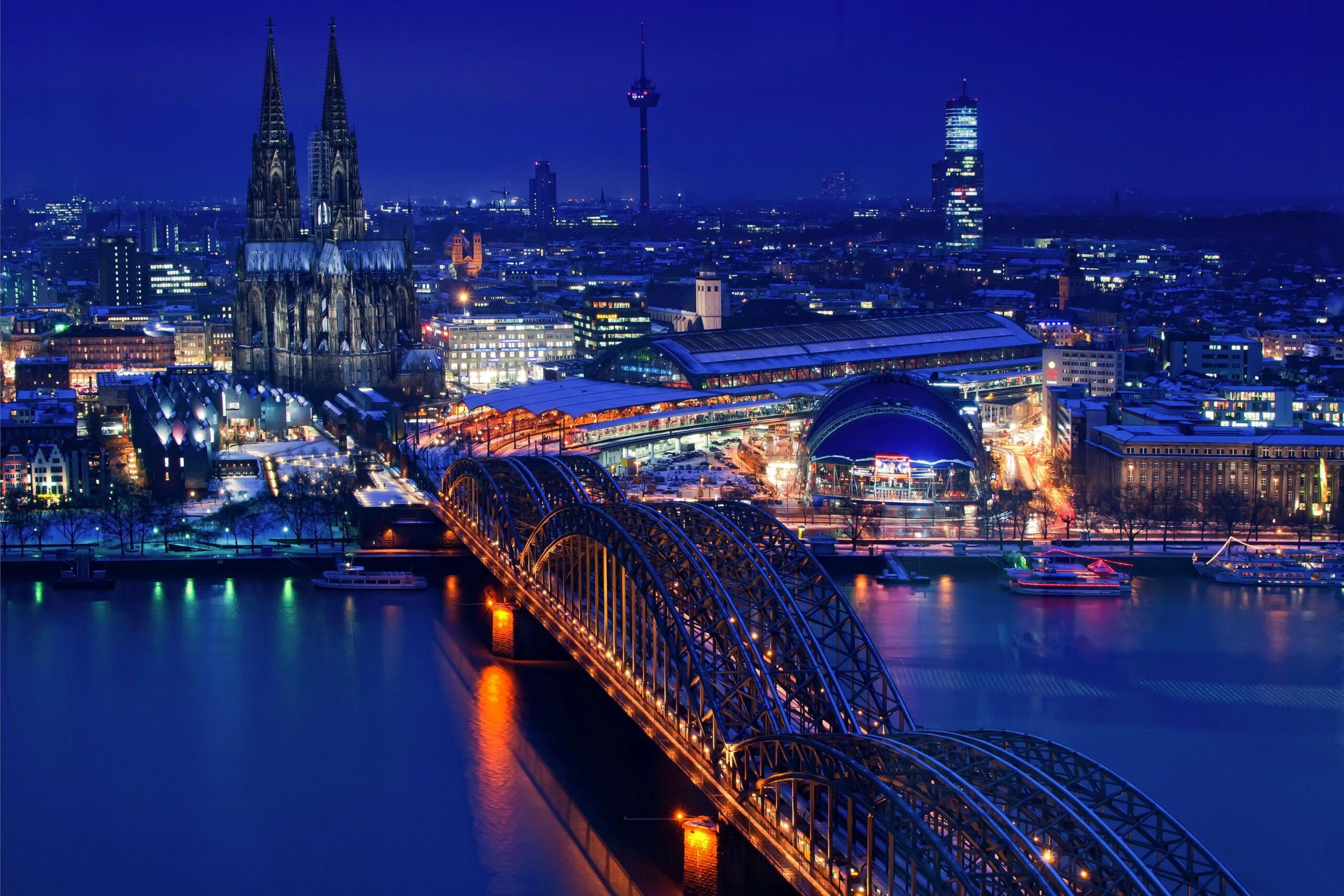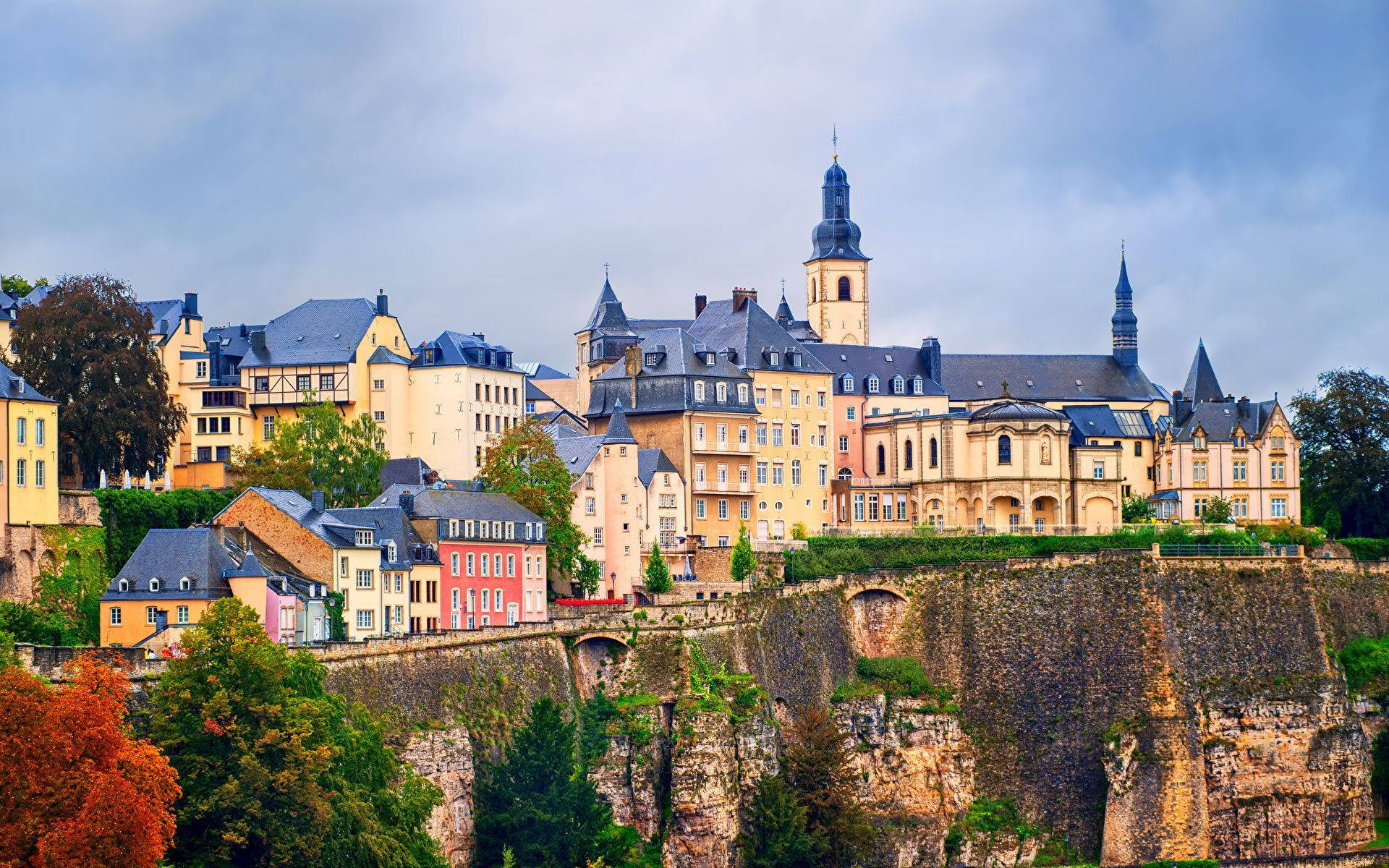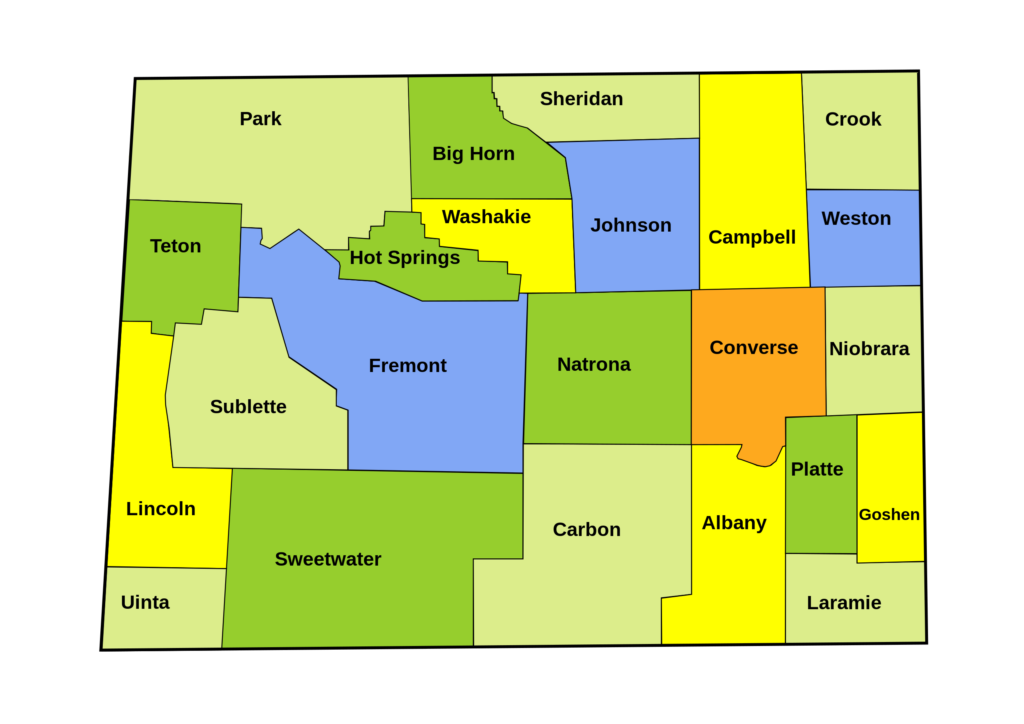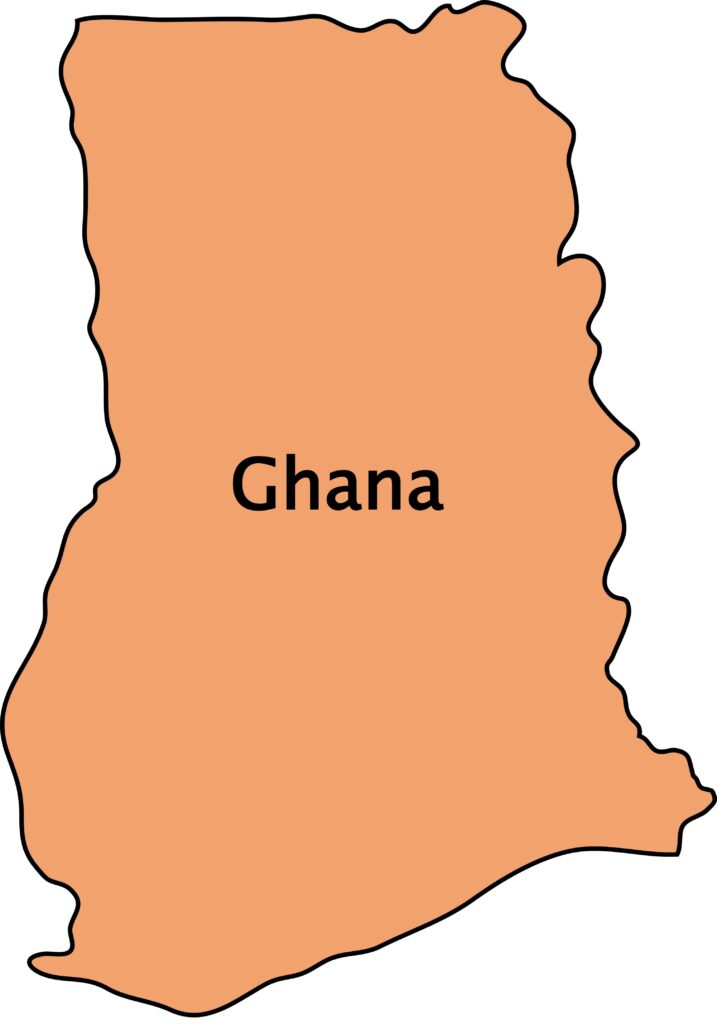Introduction
Europe’s economic landscape is diverse, with countries varying significantly in GDP per capita, income distribution, and economic policies. Understanding the factors that contribute to wealth in European nations provides insights into their economic strengths and challenges.
Economic Indicators of Wealth
Gross Domestic Product (GDP) per Capita
GDP per capita is a key measure of a country’s economic performance and standard of living. European countries with high GDP per capita include Luxembourg, Switzerland, Norway, and Ireland, reflecting their strong economic foundations and productive capacities.
Human Development Index (HDI)
The HDI measures a country’s overall achievement in health, education, and income. Scandinavian countries like Norway, Sweden, and Denmark consistently rank high on the HDI, highlighting their focus on social welfare and human development.
Income Inequality and Wealth Distribution
While Europe boasts high average incomes, income inequality varies widely between countries. Nordic countries generally have lower income inequality due to comprehensive welfare systems, while Eastern European countries may face higher disparities.
Factors Contributing to Wealth
Economic Drivers
Industries such as finance, manufacturing, technology, and tourism play pivotal roles in European economies. Countries like Germany excel in manufacturing, while Switzerland thrives in finance and banking.
Social and Political Stability
Stable political systems and social cohesion contribute to economic growth and investor confidence. Countries like Germany and the Netherlands are known for their stable political environments and strong rule of law.
Education and Healthcare Systems
Investment in education and healthcare enhances human capital and productivity. Scandinavian countries invest heavily in education, resulting in highly skilled workforces that drive innovation and economic growth.
Case Studies of Wealthiest European Countries
FD
As a global financial center, Luxembourg benefits from a robust banking sector and favorable tax policies. Its strategic location and multilingual workforce attract international businesses and investors.
Switzerland
Renowned for its banking secrecy and stability, Switzerland is a hub for finance, pharmaceuticals, and luxury goods. The country’s neutrality and strong institutions support its role as a global financial center.
Norway
Rich in natural resources, particularly oil and gas, Norway has built a sovereign wealth fund that provides economic stability and funds social programs. Its commitment to sustainability and renewable energy underscores its long-term economic strategy.
Germany
Europe’s largest economy, Germany excels in manufacturing, engineering, and automotive industries. Its export-oriented economy and strong industrial base contribute to its economic resilience and global competitiveness.
Netherlands
A key player in international trade and logistics, the Netherlands benefits from its strategic ports and advanced infrastructure. The country is known for its innovation in agriculture, technology, and renewable energy.
Comparison with Emerging Economies and Global Trends
Wealth Gap with Eastern Europe
Despite economic integration efforts, Eastern European countries generally have lower GDP per capita and face challenges in economic convergence with Western Europe. EU cohesion policies aim to reduce disparities and promote growth in these regions.
Impact of Brexit on European Wealth Distribution
Brexit has reshaped economic dynamics within Europe, affecting trade relations, financial markets, and investment flows. Countries like Ireland and the Netherlands have adapted strategies to mitigate Brexit-related risks and maintain economic stability.
Conclusion
Europe’s richest countries demonstrate a diverse range of economic strengths and challenges, shaped by historical, geographical, and policy factors. Understanding their economic indicators, key industries, and socio-economic policies provides valuable insights into their paths to prosperity and their roles in the global economy.
What is the richest country in Europe?
Luxembourg consistently ranks as one of the richest countries in Europe based on GDP per capita, driven largely by its financial services sector and favorable tax policies.
Why European countries are very rich?
European countries benefit from diverse factors such as advanced industrial sectors, robust social welfare systems, strategic geographic locations for trade, and high levels of education and innovation.
What is Europe’s strongest economy?
Germany is widely recognized as Europe’s strongest economy due to its large industrial base, strong export-oriented manufacturing sector, and leadership in technology and engineering.
What is the biggest country in Europe by economy?
Germany has the largest economy in Europe in terms of GDP, followed by countries like France, the United Kingdom (prior to Brexit), and Italy.
What are the most powerful countries in Europe?
The most powerful countries in Europe are typically considered to be Germany, France, the United Kingdom (prior to Brexit), and increasingly, countries like Poland and Spain due to their economic, political, and military influence.
What is the most populous country in Europe?
Germany is the most populous country in Europe, followed by countries like France, the United Kingdom (prior to Brexit), Italy, and Spain.
What is the largest country in Europe by land?
Russia is the largest country in Europe by land area, spanning across both Europe and Asia.
What are the most successful countries in Europe?
Countries like Switzerland, Norway, Denmark, Sweden, and the Netherlands are often considered among the most successful in Europe due to their high standards of living, strong economies, and effective governance.
Which European country has the highest economic growth?
As of recent years, countries in Eastern Europe such as Poland, Hungary, and Romania have shown some of the highest economic growth rates in Europe, fueled by increasing investments, EU funds, and economic reforms.
Which country has the strongest economy?
The United States and China are currently regarded as having the strongest economies globally, based on GDP size, technological innovation, industrial output, and global trade influence.
- Barbados Maps & Facts - June 29, 2024
- The Richest Countries In Europe – - June 27, 2024
- Wyoming Maps & Facts - June 26, 2024





